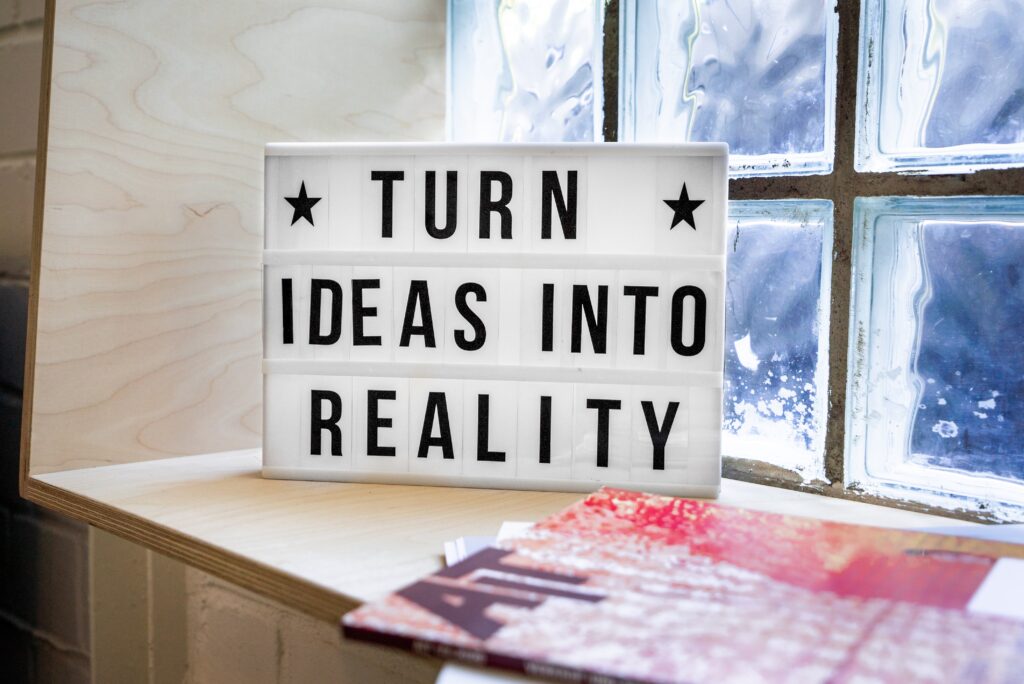When I started my PR business in 2012, the only thing I knew very well was my profession: Public Relations (PR). I knew that what I had learnt in the 13 years that I spent working for big companies like the South African Institute of Chartered Accountants (SAICA), Absa, MTN and Business Connexion (BCX); I could use in my own company. My main goal was to run “my own show” and service ”my own clients” in my SOHO – Small Office, Home Office type of business.
As a PR expert, I was confident that I could do my work in my sleep, little did I know that running my own business needed far more than that. The first mistake that I made is that I went into the business with debts that I had accumulated when I was working full-time; not thinking about the fact that I did not have a monthly salary anymore to service those debts.
Secondly, I did not know that I had to worry about complicated business stuff such as Cashflow, Overheads, Company Financials and Administration, HR just to name a few. It all sounds very complicated neh? Yes, it was confusing for me too because I am a content person not into numbers or financials at all. These are important things I had to learn because now I was a ‘one man show’ running all parts of the business on my own. In big organisations that I worked for, there were different departments that were responsible for various functions like HR, Finance or Legal issues. Now, all of a sudden, I did not have that kind of support in my business.
I had to become a ’Jack of all Trades’ and ’Master of None’ very fast. Just to clear the confusion and for any of you who have started running your own businesses to learn a few of the lessons I learnt. Cashflow is money that comes into the business regularly that is paid by your clients for a service or a product. This money allows you as a business owner to pay for the debts that I was referring to earlier or to cover any other monthly expenses (business/personal). Please note though that for you to have ‘Cashflow’ – you need to have clients first that you provide a service or product to. And very importantly, these clients need to pay you regularly and on time – otherwise ‘kushubile’ for you and your business.
I then learnt about ‘overheads’ – this is basically your business expenses, and these could be rent for an office space, stationery, airtime and data, the computer/laptop that you use for work, car expenses like petrol – just to give you a few examples. I learnt that it was very important to keep monthly expenses low; if I wanted my business to survive. It did not help that I was told by everyone that most black-owned, small businesses normally failed within the first two years. Just imagine how scared I was because I was not only ‘u-darkie’, but also a young woman. So, here the lesson I learnt was that I needed to cut any unnecessary expenses so that my business could survive on very small amounts of money.
So, I did not get a fancy office to rent, I worked from my home – on my sofa or bed with a laptop on my thighs, I realised that the only thing I really needed to service my clients was a laptop, a 3G Card/WIFI Router, airtime/data and a bit of stationery. So not having an office meant that if a client called me wanting something urgently while I am driving; I would stop on the side of the road, open my laptop, connect and send the document to the client. What was important for me was that work was moving – it did not matter if I worked from a boot of a car. This at the end meant that I could get paid and make some money. So, my advice to those who still want to start their own business – try to go into a business that does not need a lot of money for you to be able to start – because this is usually money that most of us do not have.
Lastly, I know that not all businesses are the same and our experiences might differ, so it is definitely not one size fits all. I am just merely telling my own story hoping that it will help a person or two.
Miranda Lusiba, Founding Director of Strangé Consulting







